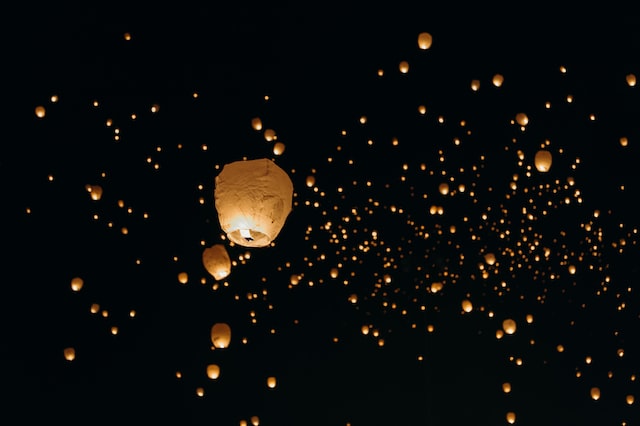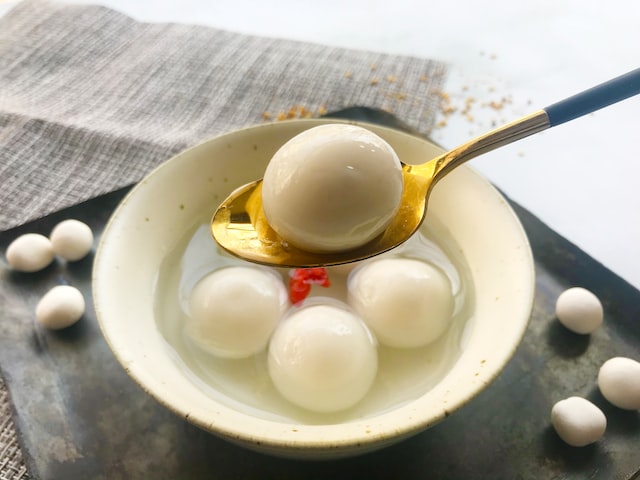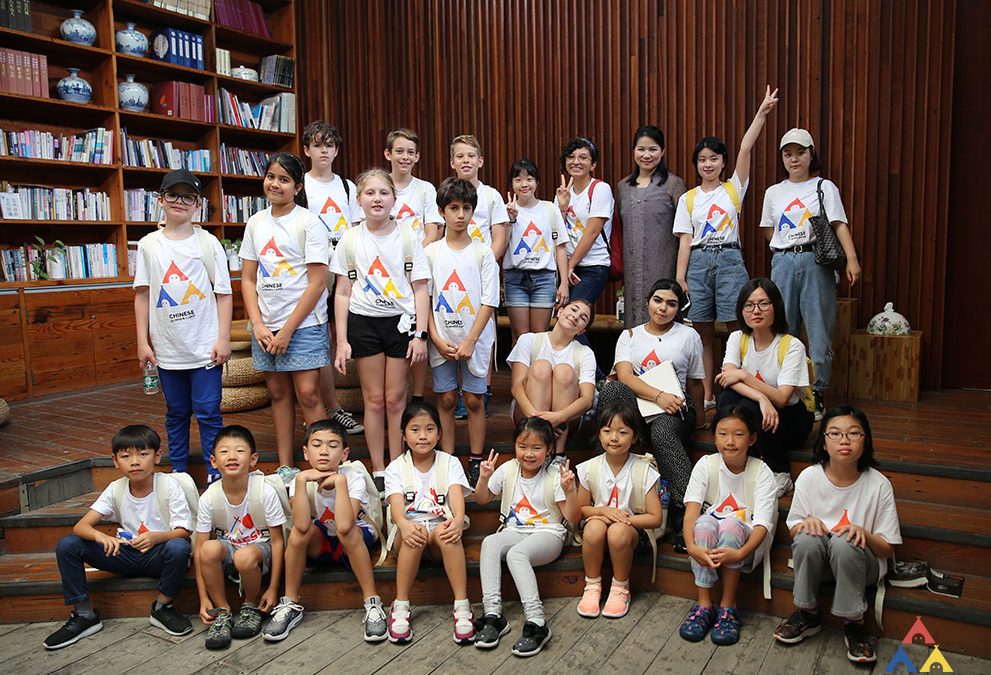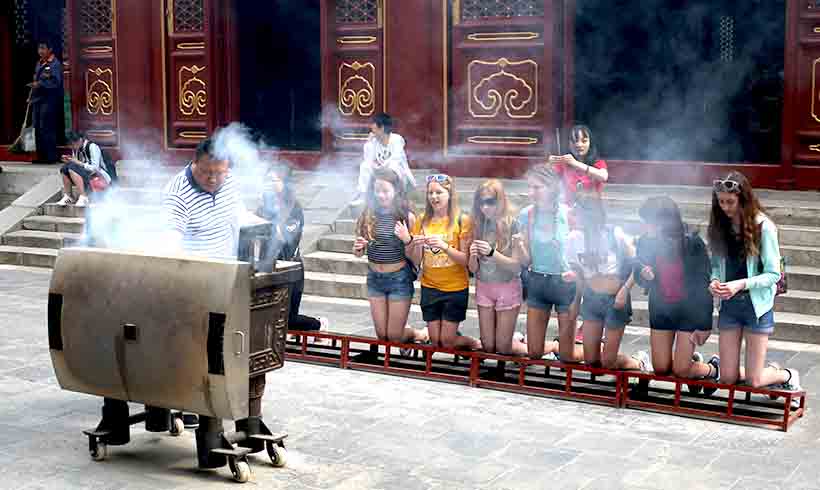Lantern Festival 元宵节 (Yuánxiāo Jié) is the last day of the Chinese New Year and, in 2015, falls on March 5th. At this time, it is traditional for Chinese families to have paper lanterns hanging outside their houses. These are usually red, as that is the color of luck and fortune in Chinese culture.
On the evening of the Lantern Festival, you’ll be able to see lit lanterns floating down rivers, or being let off into the sky all over China. It is a truly beautiful sight to behold.
But what is Lantern Festival?
There are several stories about the origin of the Lantern Festival in China. The Taoist version associates the festival with Tianguan, a God responsible for good fortune with a penchant for frivolous entertainment. It is believed that the 15th day of the first lunar month is Tianguan’s birthday and so, to celebrate, followers light lanterns, set off firecrackers, sing, dance, and take part in a wide variety of entertaining endeavors.
Another story claims that the ancient God of Heaven, Taiyi, is the reason behind the Lantern Festival celebrations. It is said that Taiyi controlled 16 dragons who could bring storms, famine, and all kinds of natural disasters to the people on Earth. To appease Taiyi, the emperor would organize a huge celebration at the beginning of each year, to ensure that Taiyi didn’t use his dragons on the people. This celebration is thought to be the precursor to what is now Lantern Festival.
Although these are both nice stories, the most likely origins of the Lantern Festival are a celebration of the end of winter and the coming of spring, as it is the night of the first full moon after Chinese New Year.
What is Lantern Festival today?
Today, Lantern Festival signifies the end of the Chinese New Year celebrations although, by March, most people in China will already be back at work! Lantern Festival is a time for families to get together and make lanterns with their own riddles or poems written on them. Parents will often make animal-shaped lanterns for their kids. It is the last time many families will be together in this way until the next Chinese New Year. In some cities, there is even a carnival through the streets with dragon and lion dances, as well as brightly lit floats. Check out your city’s local ‘What’s On Guide’ for information on what’s going on where you are. Even if you’re not in China, there may be celebrations going on near you.
Other Lantern Festival traditions
As with all Chinese holidays, food plays a big part in Lantern Festival. All over China, people will sit down together and enjoy a bowl of 元宵 (yuánxiāo) or 汤圆 (tāngyuán), a type of dumpling made from glutinous rice and stuffed with either sweet or savory fillings. If you want to learn how to make glutinous rice dumplings and you happen to be in Shanghai on March 4th, why not join us at our Jing’an school for an evening of dumpling-making fun.
Things to do with kids
No matter where in the world you are at Lantern Festival, there are plenty of great activities that a perfect for kids like:
– Making Chinese lanterns
– Come up with your own riddles to put on lanterns
– Making glutinous rice dumplings
– Dragon & lion dances
– Watch lanterns being let off into the sky!





